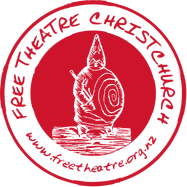|
The workshopping is proceeding well. Quite amusing. Free Theatre is working on a diversity of Kagel pieces with a few favorites starting to emerge. Gao Ping has sent through 5 pieces for the ensemble of musicians in different combinations and there are 2-3 pieces he will play by himself with vocalizations in between. We had a Skype conversation with Hamish McKeich this evening and made plans for intensive period coming up. While we were talking the troupe rehearsed Kagel's 'Kontra Danse'. The movements really started to come to life with the addition of objects: a bicycle tyre, a bucket, a mannequin, a bike wheel, a toaster. Music has also been a scenic event for a long time. In the nineteenth century people still enjoyed music also with their eyes, with all their senses. Only with the increasing dominance of the mechanic reproduction of music, through broadcasting and records, was this reduced to the purely acoustic dimension. What I want is to bring the audience back to an enjoyment of music with all senses. That’s why my music is a direct, exaggerated protest against the mechanical reproduction of music. My goal: a rehumanization of music-making!
0 Comments
On Saturday we held a 3 hr public Instrumental Theatre workshop inspired in particular by Kagel's Spielplan (1970). Participants constructed instruments out of obsolete materials. Here's where we were at mid-construction. If it is true that contemporary theatre and performance in general - not just within Composed Theatre - challenges the separation of the art forms that had taken place in the second half of the eighteenth century, somehow recalling or bringing forward an integrated concept of theatre, then this should also lead to changes in an educational system in which interdisciplinary courses are still very rare In Kontra Danse, Kagel makes a choreography based on the classical ballet that calls explicitly for “non-dancers”. We’ve all done a lot of physical theatre training, exploring dance forms in a theatrical context for previous works [see Distraction Camp - 2009]. But we are physical theatre performers, not dancers. Kagel calls for the performers to be absolutely serious (this is not to be played for laughs) in their work towards achieving the form he requires. We are working on the ballet positions, port de bras, plies, pirouettes. The idea is to find a vocabulary of movement that can be assembled in various ways, later, with the musicians.
Workshopping for The Mauricio Kagel Project has been exciting with a number of discoveries being made in relation to how music performance can playfully challenge audience expectations. This is going to be lots of fun - it is possible to see some parallels with our experiences in the Ubu Nights. But this really is something completely new. At the same time, in Chengdu (Sichuan), Gao Ping is developing work that engages with classical Chinese instruments and musical traditions - we're catching up with him next week. The aim is for this project to develop an ongoing "composed theatre" collaboration that takes us in new directions: The assumption is that, since the sixties, a field of artistic practice has arisen that is situated between the more classical conceptions - and institutions - of music, theatre and dance, and that is highly characterised and unified by making use of compositional strategies and techniques and, in a broader sense, by the application of compositional thinking. Image: from Spielplan 'Jungfraulichkeit'. Gao Ping is composing a new work for the project Image: from 'Tantz-Schul' Ballet d'action
|
Free Theatre ChChFree Theatre Christchurch. Intermittent blogging. Thoughts. Enjoy. Archives
March 2021
Categories |
- HOME
- ABOUT
- UPCOMING
- EDUCATION
-
ARCHIVE
-
Productions 1979 - present
>
- Babylon Berlin
- Beggars Banquet
- Woyzeck
- The Tempest
- The Axe
- Endgame
- Digitising Performance
- Erewhon: Over the Range
- A Summer Night's Dream
- How Dare You
- A Winter's Tale
-
Ubu Nights
>
-
Past Ubu Nights
>
- Ma Ubu Night
- Ubu Through the Looking Glass
- Ubu in Wonderland Ubu Night
- Frankenstein Ubu Night
- Casablanca Ubu Night
- Faust Ubu Night
- Not Hamlet Ubu Night
- Punk Ubu Night
- The Art of the Deal Ubu Night
- Crossroads Ubu Night
- Ubu Shows Us the Way to Brecht's Whiskey Bar
- The Devil and the Blues Ubu Night
- Bowie Ubu Night
- Warhol Ubu Night
- Berlin Kabarette
- Beat Ubu Night
- Twin Peaks Ubu Night
- David Lynch Ubu Night
- Kafka Ubu Night
- Tango Ubu Night
- Ubu Ubu Night
- Lovecraft Ubu Night
-
Past Ubu Nights
>
- Ars Acustica
- Alice
- The Black Rider
- Frankenstein
- The Mauricio Kagel Project
- Te Puna Toi 2015: Footprints/Tapuwae
- Kafka's Amerika
- The Soldier's Tale
- Canterbury Tales
- I Sing the Body Electric
- Hereafter
- Passion, Pulse and Power
- The Earthquake in Chile
- Doctor Faustus
- The Marvellous Corricks >
- Distraction Camp
- Remake
- Ella and Susn
- Free Theatre - 25 years and counting...
- Faust Chroma
- Enigma Emmy Goering/Nico Sphinx of Ice
- Faust Feast
- Diana Down Under
- Philoctetes >
- Fantasia
- Christmas Shopping
- Grimm's Sleeping Beauty
- Achternbusch in the Antipodes
- Caucasian Chalk Circle
- Samson Airline
- Kabarett Kabul
- Footprints/Tapuwae
- Last Days of Mankind
- Medea
- Bakkhai / Diotek
- Krapp's Last Tape
- Murderer Hope of Women / The Philosopher's Stone
- Comrade Savage
- Love on a Bicycle
- Resolution Island
- Songs for the Judges
- Crusoe
- Oedipus Rex/Oedipus at Colonus
- States of Shock
- Empire Builders
- Yes
- Power
- Robinson Crusoe: Or I THat Was Born To Be My Own Destroyer
- Newsbites
- Dumped in Space
- MedeaMaterial
- Salome
- Electra
- Sphinx and Strawmen
- The Girl Who Sings Waterfalls
- Hamletmachine
- Oresteia
- A Respectable Wedding
- Bitter Tears of Petra von Kant
- Double Act and Postponeless
- Cloudkiwiland
- Preversions
- G.O.P. Helpomatic
- The Mortal Pleasure of Wander Lust
- Red Cross & Takeaway
- Lulu Earth Spirit
- The Meeting
- Action / Tongues
- Cowboy Mouth
- The Rise and Fall of the City of Mahagonny
- A Letter from L
- Dinosaurs and All the Rubbish / The Hunting of the Snark
- The Ride Across Lake Constance
- Electra
- In Three Minds
- The Rapist Over Suzannah
- 1984: The Future Is Now
- Leonce and Lena
- Kabernette
- The Joffongract
- My Foot, My Tutor
- King Lear
- King Ubu
- Jazz Cellar Dada / Heavy Metal Cabaret
- Kabarett
- Black Cat Cabaret
- The Gas Heart/Ox on the Roof/The Mirror Wardrobe One Fine Evening
- Round Dance
- Woyzeck
- Make-up Ground down / Texts for Decomposition
- Court Case: Arts Centre vs Free Theatre
- Image Gallery 1979 - present
- TV3 Clips
- Selected Reviews
-
Productions 1979 - present
>
- Te Puna Toi
- SUPPORT
- BLOG

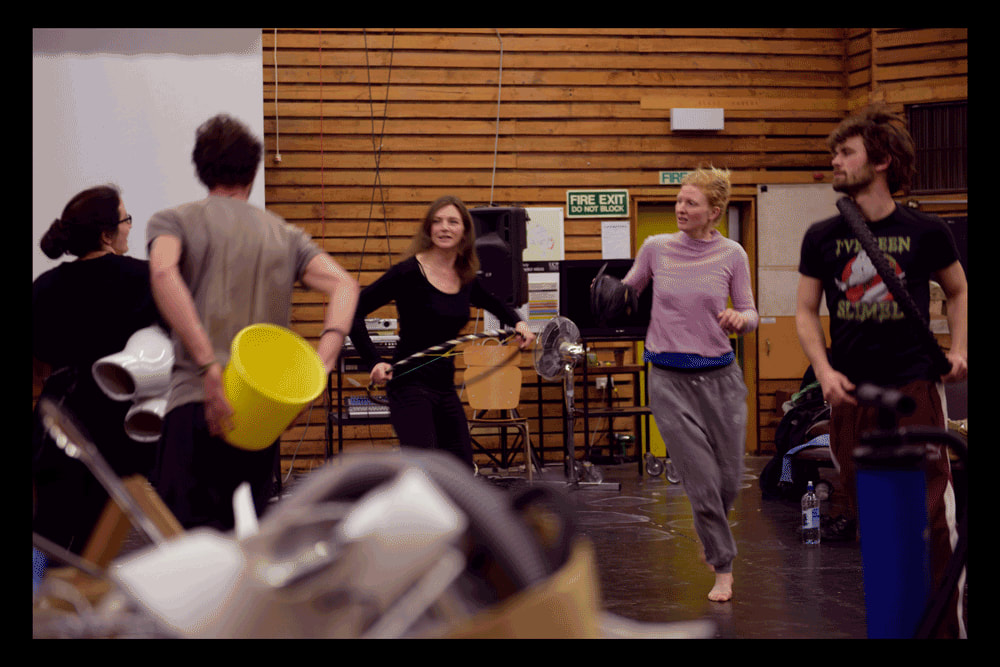
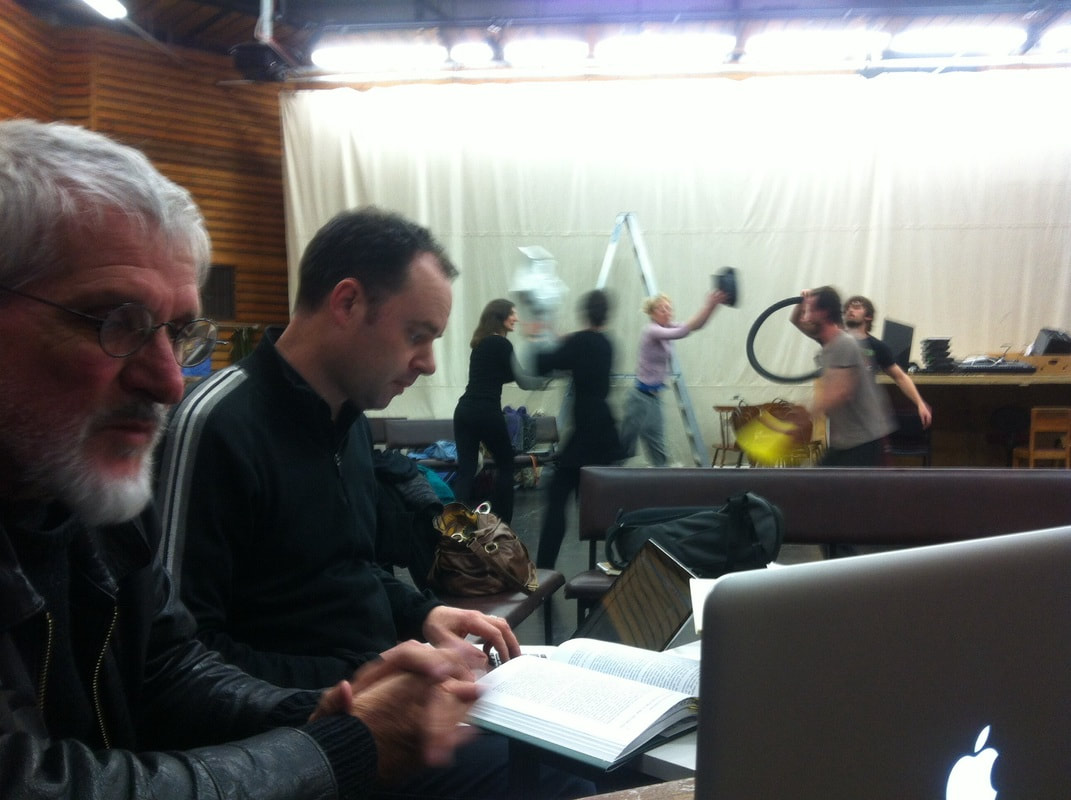
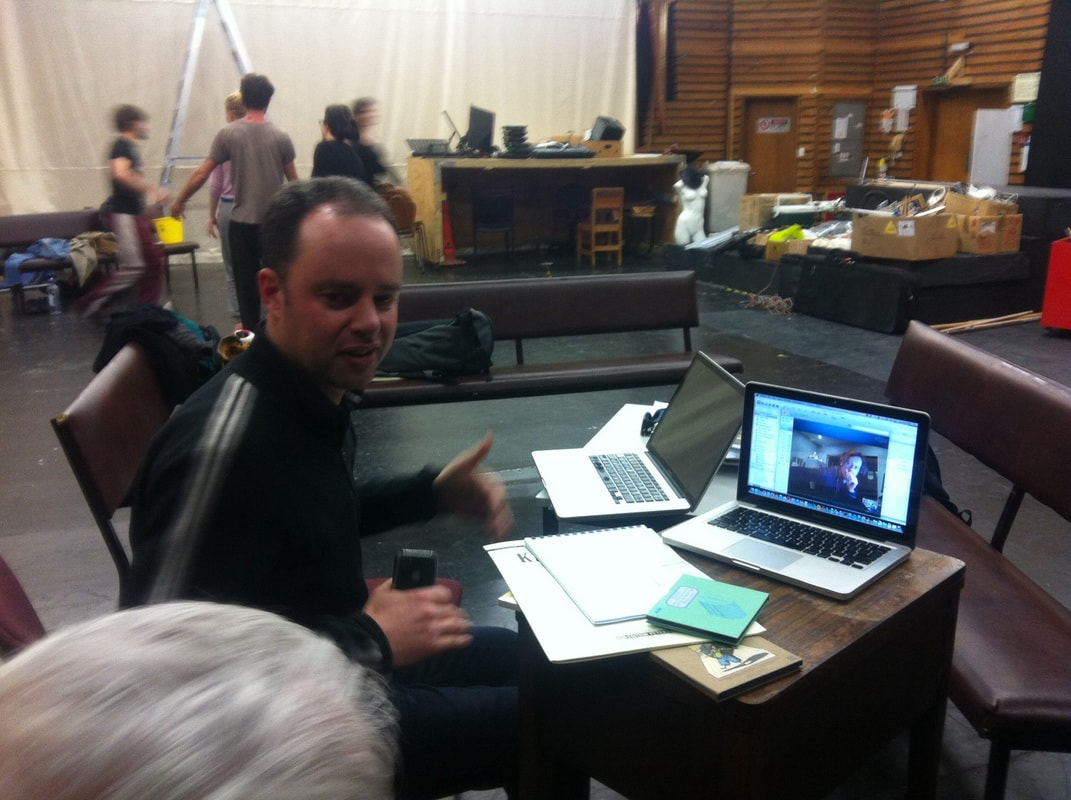
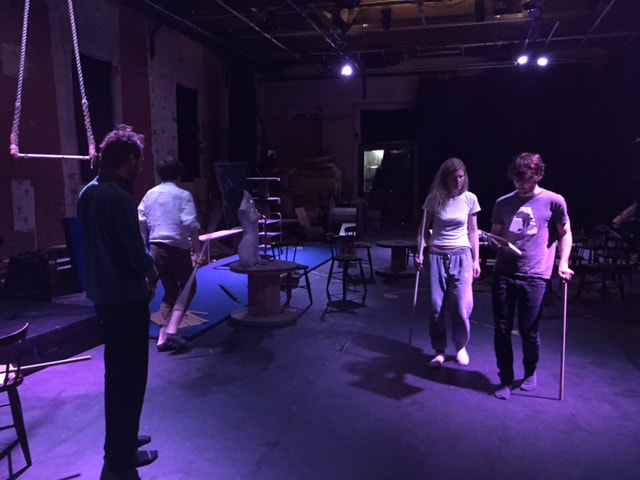
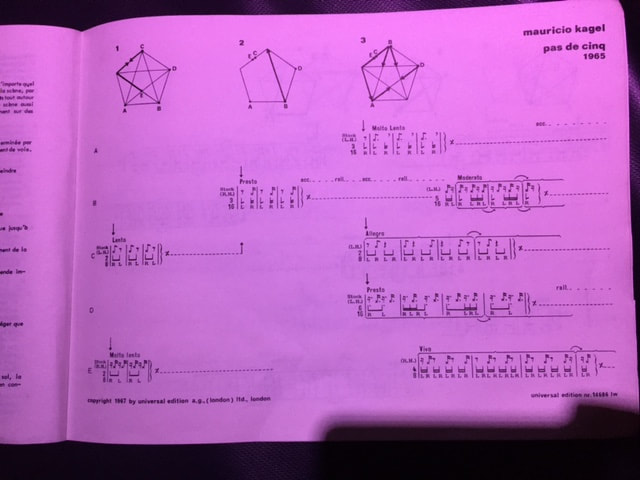
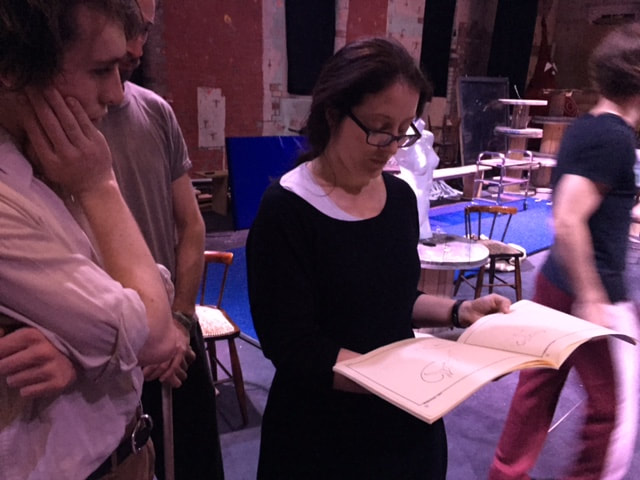
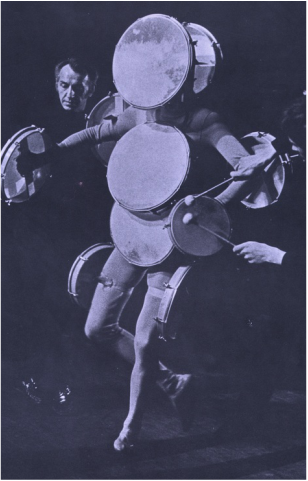
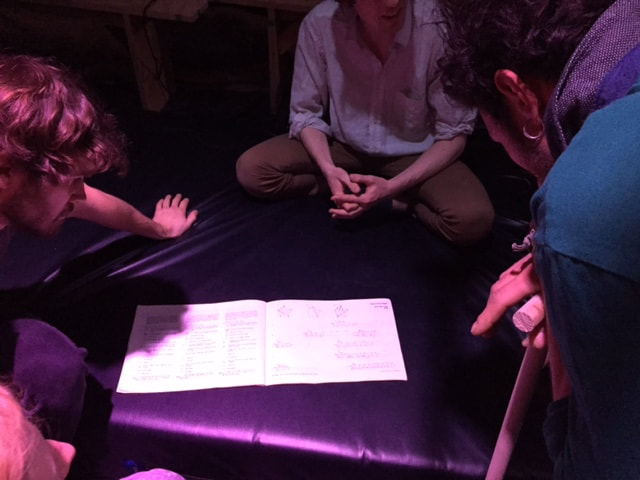
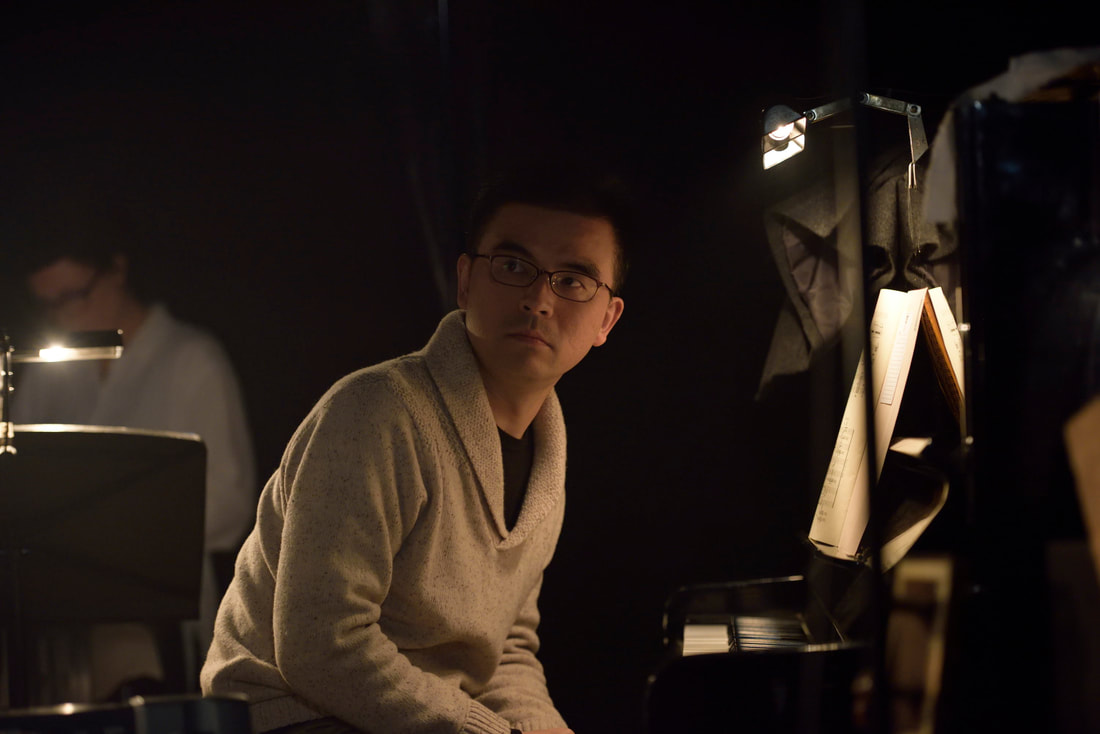
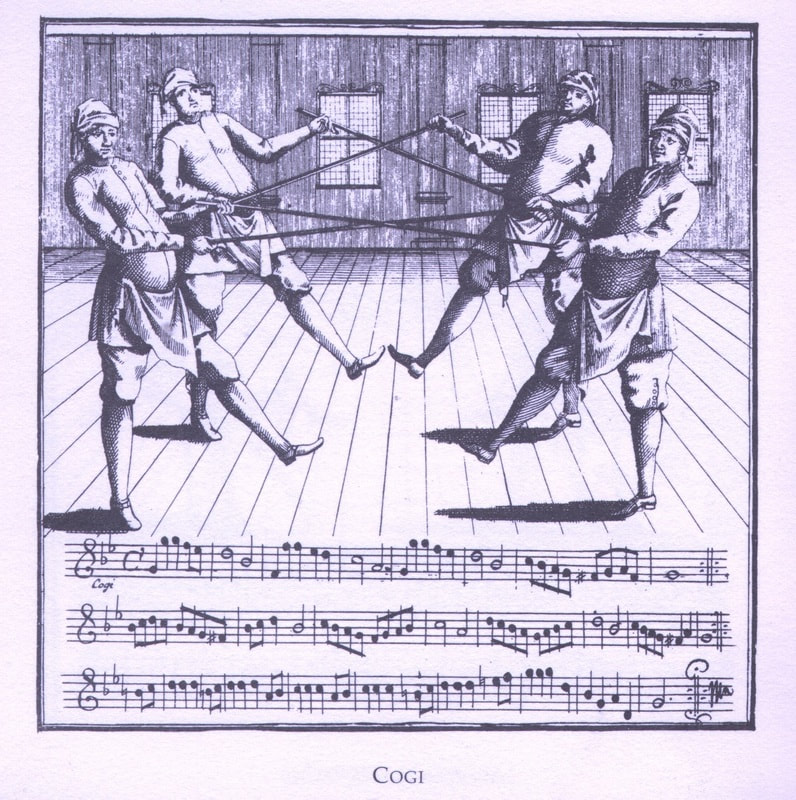
 RSS Feed
RSS Feed

